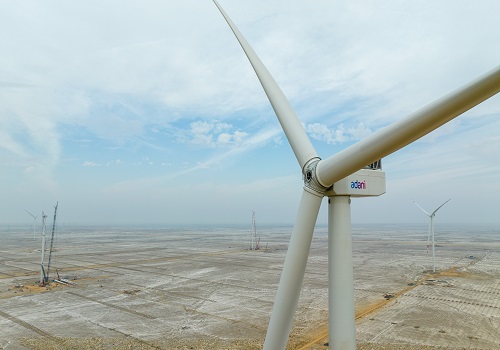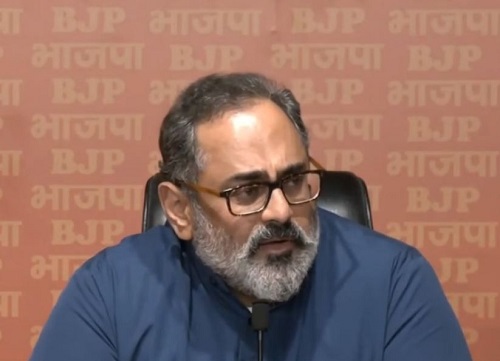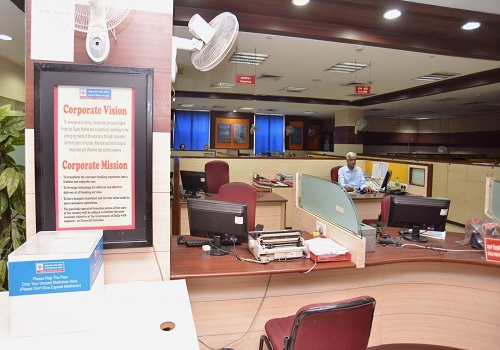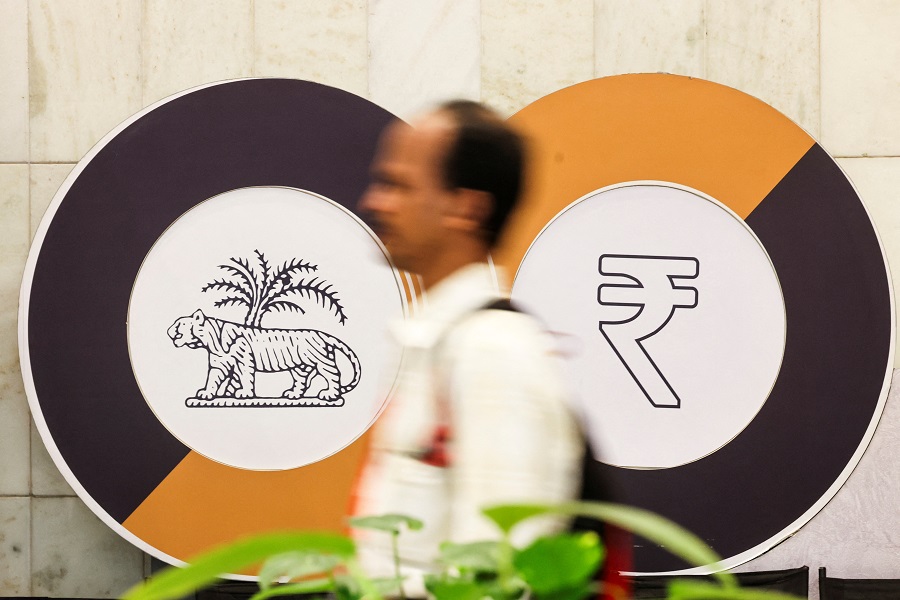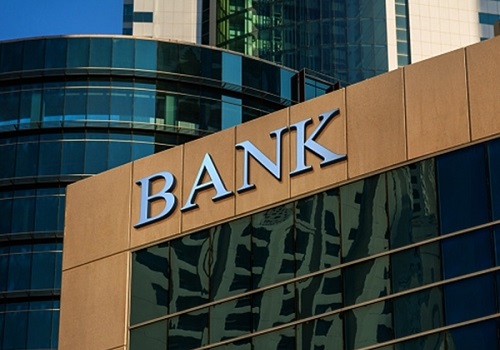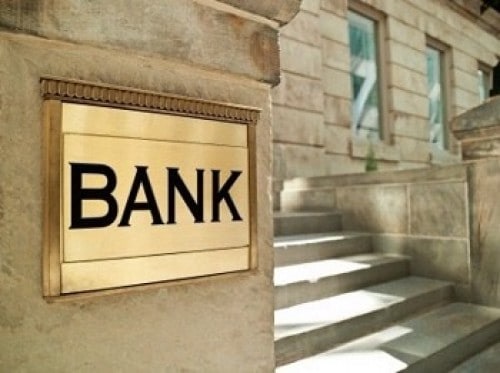India`s tighter personal loan rules seen hurting banks` growth; stocks fall
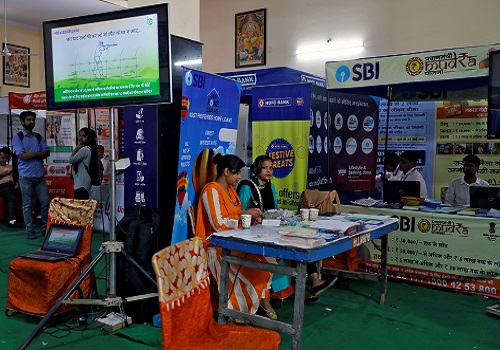
Follow us Now on Telegram ! Get daily 10 - 12 important updates on Business, Finance and Investment. Join our Telegram Channel
The Indian central bank's tighter rules for personal loans and credit cards are expected to raise borrowing costs for consumers and hurt growth for lenders, which have benefited from a surge in demand for small consumer credit.
The Reserve Bank of India (RBI) asked banks on Thursday to set aside more capital, following its repeated warnings about rapid growth in some personal loans, including at the most recent monetary policy review when Governor Shaktikanta Das said banks should strengthen internal processes to curb risks.
The higher capital requirement will make loans costlier and curb growth, bankers and analysts said.
Lending rates in the unsecured personal loan segment could go up by 25-50 basis points (bps), said Suresh Khatanhar, deputy managing director at IDBI Bank. Banks may also look to moderate exposure in the unsecured lending space, Khatanhar said.
Unsecured loans are those that do not have any collateral backing them.
Bank credit in India grew about 15% over the past year but personal loans have grown at a pace twice that.
"The RBI's action is a clear sign that the regulator wants to curb loan growth in these segments, and is a dampener for credit growth for the sector," said Nomura in a note.
Analysts at Macquarie Capital Securities said bank loan growth could decline by about 200 bps because of the tighter rules.
Shares of Indian lenders tumbled on Friday on fears that loan growth and profits could take a hit.
The Nifty Bank index and the Nifty Financial Services Index fell over 1.3% each, with top lender State Bank of India sliding 3.4% and non-bank financial company (NBFC) Bajaj Finance sliding 3.5%.
The benchmark NSE Nifty index was trading flat.
BUILD-UP OF RISK
The RBI's restrictions followed after months of rapid growth
in consumer loans, particularly tiny personal loans of under 50,000 Indian rupees ($600.53), which sparked concern around rising consumer leverage and risks of default.
Unsecured personal loans increased 23% from a year ago as of Sept. 22, 2023, while outstanding amounts on credit cards jumped nearly 30%, according to RBI data.
Data from credit bureau Transunion CIBIL showed that delinquencies, defined as loans overdue by more than 90 days, were at 0.84% for all personal loans. However, for loans below 50,000 rupees($600.66) delinquencies were higher at 5.4%.
"The RBI’s circular is in sync with worries it had expressed on the high growth in unsecured lending," said Virat Diwanji, head of consumer banking at Kotak Mahindra Bank.
"Lending by banks, NBFC (non-banking finance companies) or fintechs (digital lenders) to certain segments (new to credit) has shows some early signs of delinquencies which has caught the regulator's attention," Diwanji said.
CAPITAL HIT
While private banks that are well-capitalised can absorb the impact well, state-run lenders with lower common equity tier 1 ratios (CET1) could face bigger issues, Macquarie said.
The brokerage estimated top private lender HDFC Bank could see among the biggest impacts from RBI's move to its CET1 ratio, of about 0.68%, while SBI Card, the credit card arm of State Bank of India (SBI) may see a 4.52% hit to its CET1 ratio.
($1 = 83.2600 Indian rupees)




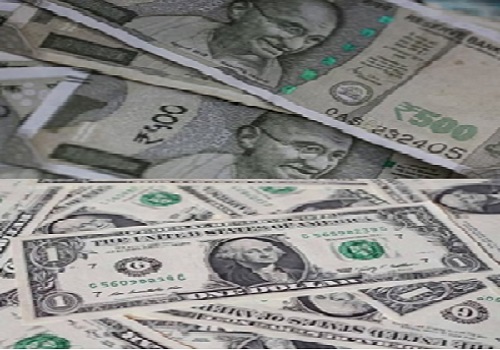







 320-x-100_uti_gold.jpg" alt="Advertisement">
320-x-100_uti_gold.jpg" alt="Advertisement">

